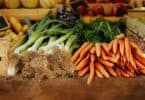Cooking enthusiasts seeking to enhance their culinary skills will find a wealth of knowledge in the article ‘Essential Cooking Tips: Spices, Vegetables, Patience, Knife Skills, Temperature Control.’
With an impressive array of topics covered, including spice selection, vegetable preparation, the importance of patience, mastering knife skills, and achieving perfect temperature control, readers will discover valuable insights to elevate their cooking game.
Packed with practical tips and expert advice, this article promises to empower home cooks with the freedom to experiment and create delicious meals with confidence.
Key Takeaways
- Spices offer flavor and health benefits, such as antioxidants, anti-inflammatory properties, and immune-boosting qualities.
- Master vegetable preparation techniques, including roasting at high temperature, using the right tools, practicing knife safety, and cooking with fresh herbs.
- Patience is crucial in cooking for consistent results, allowing flavors to develop, and achieving desired texture or doneness.
- Master knife skills for precision by prioritizing safety, practicing proper technique, maintaining knives regularly, and using appropriate storage methods.
Spice Selection and Usage
Spices enhance flavors and offer health benefits, so it’s important to select and use the right spices in cooking. When it comes to spices for health, there are several commonly used ones that can add both taste and nutrition to your meals.
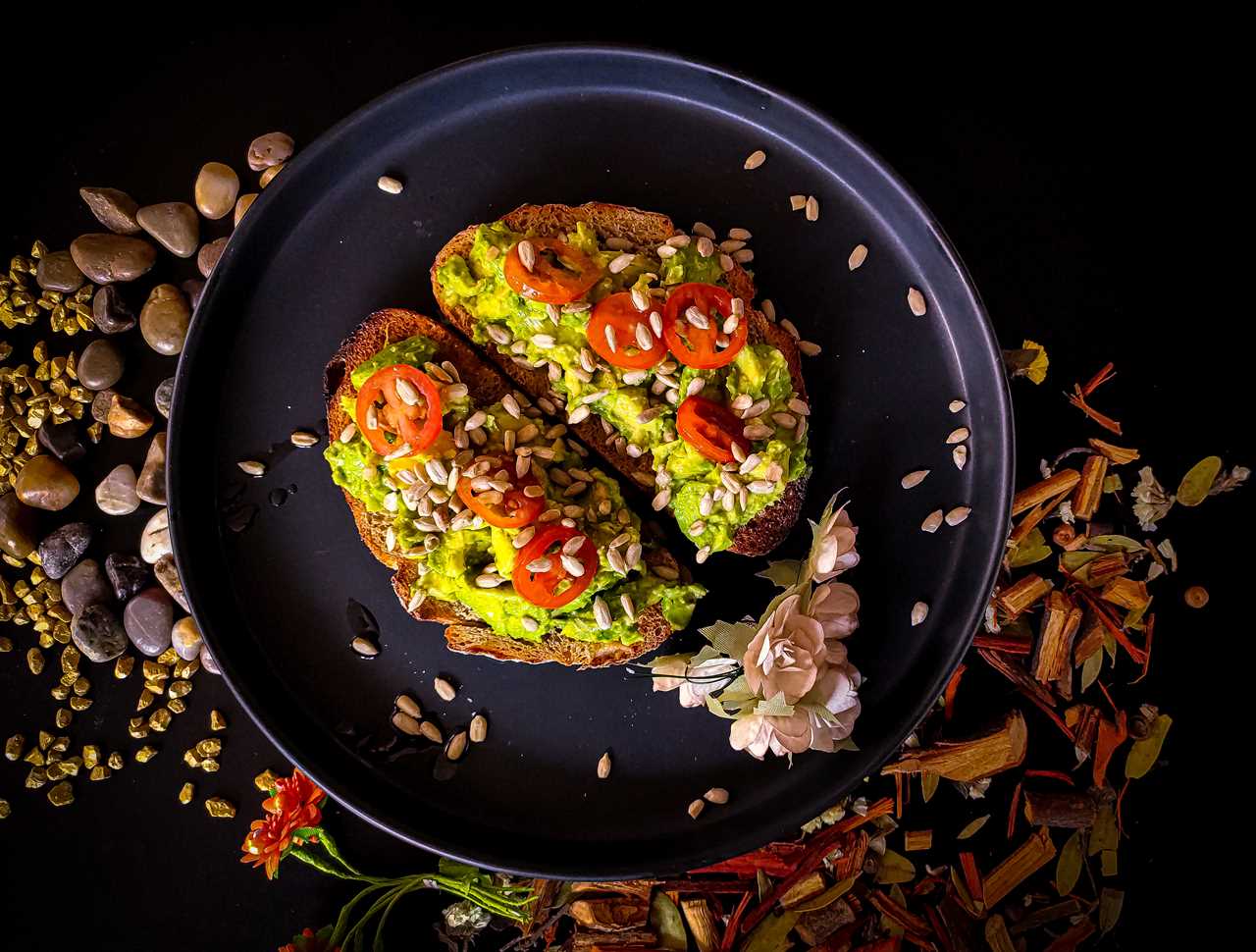
Black pepper, for example, contains antioxidants and can aid digestion, while cumin is known for its anti-inflammatory properties. Garlic powder is not only packed with flavor but also has immune-boosting benefits, and paprika is rich in vitamin A and antioxidants.
When seasoning vegetables, there are a few techniques to keep in mind. Roasting vegetables at a high temperature can yield tender, caramelized results. Lightly coat them with olive oil and sprinkle on your desired spices before placing them in the oven.
This will not only enhance the taste but also provide additional health benefits.
Mastering Vegetable Preparation
Roasting vegetables at a high temperature creates tender and caramelized results. To master vegetable preparation, it is important to start with the right tools and techniques. Knife safety is crucial when handling vegetables, ensuring precision and preventing accidents. Cooking with fresh herbs adds a burst of flavor to your dishes.
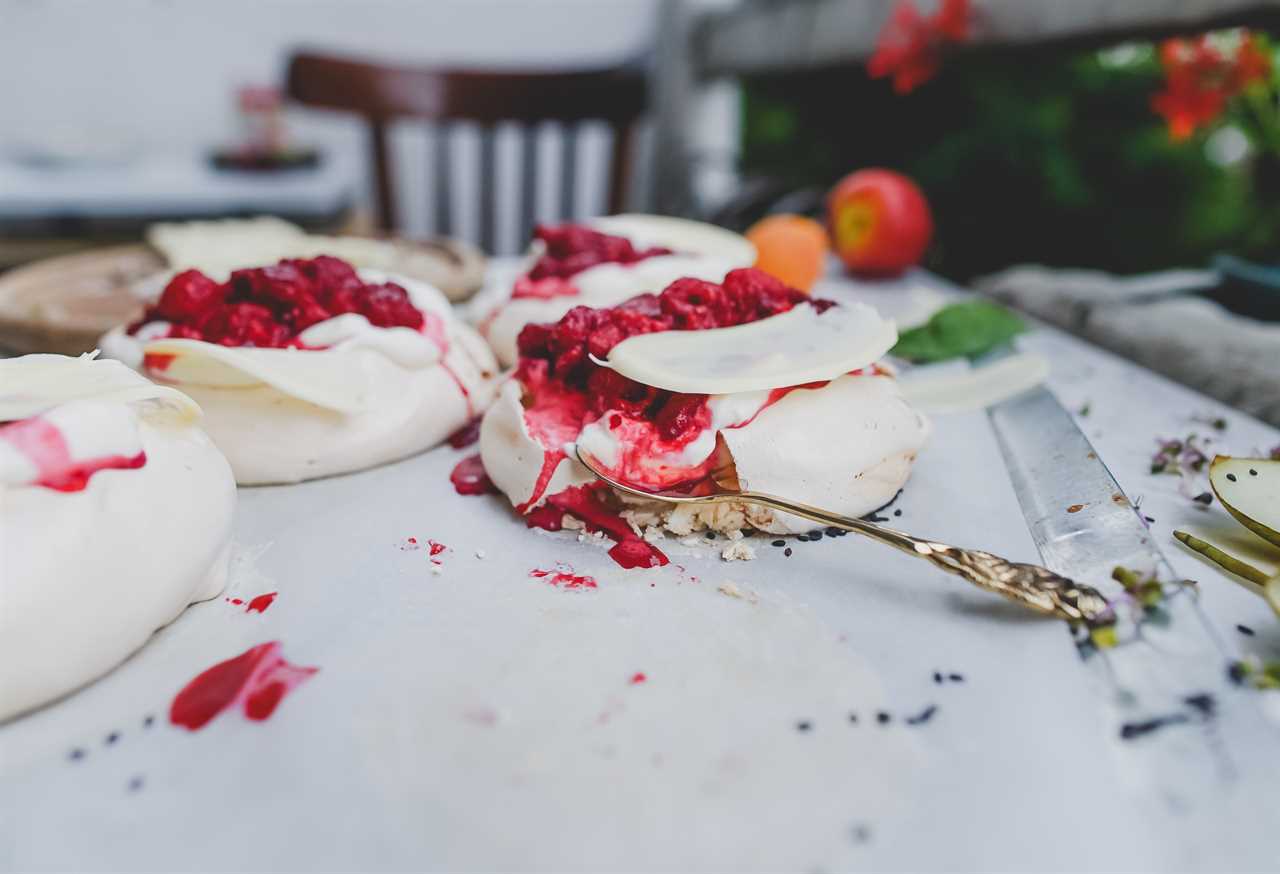
Here is a 3 column and 3 row table to guide you:
| Vegetable | Preparation | Cooking Time |
|---|---|---|
| Carrots | Peel and chop | 20-25 minutes |
| Broccoli | Trim and cut into florets | 15-20 minutes |
| Bell peppers | Remove seeds and slice | 12-15 minutes |
When prepping vegetables, make sure to wash, dry, and cut them into even-sized pieces for even cooking. Lightly coat them with olive oil and add desired spices or fresh herbs. Arrange them on a baking sheet and roast at 425 degrees for the specified cooking time. Enjoy the freedom of experimenting with different vegetables and flavors to create delicious and healthy meals.
The Importance of Patience in Cooking
Using a timer is crucial in cooking, as it helps ensure that food is cooked to perfection without overcooking or undercooking.
Patience is a key element in cooking techniques and time management. It is important to resist the urge to rush the cooking process, as this can lead to inconsistent results.
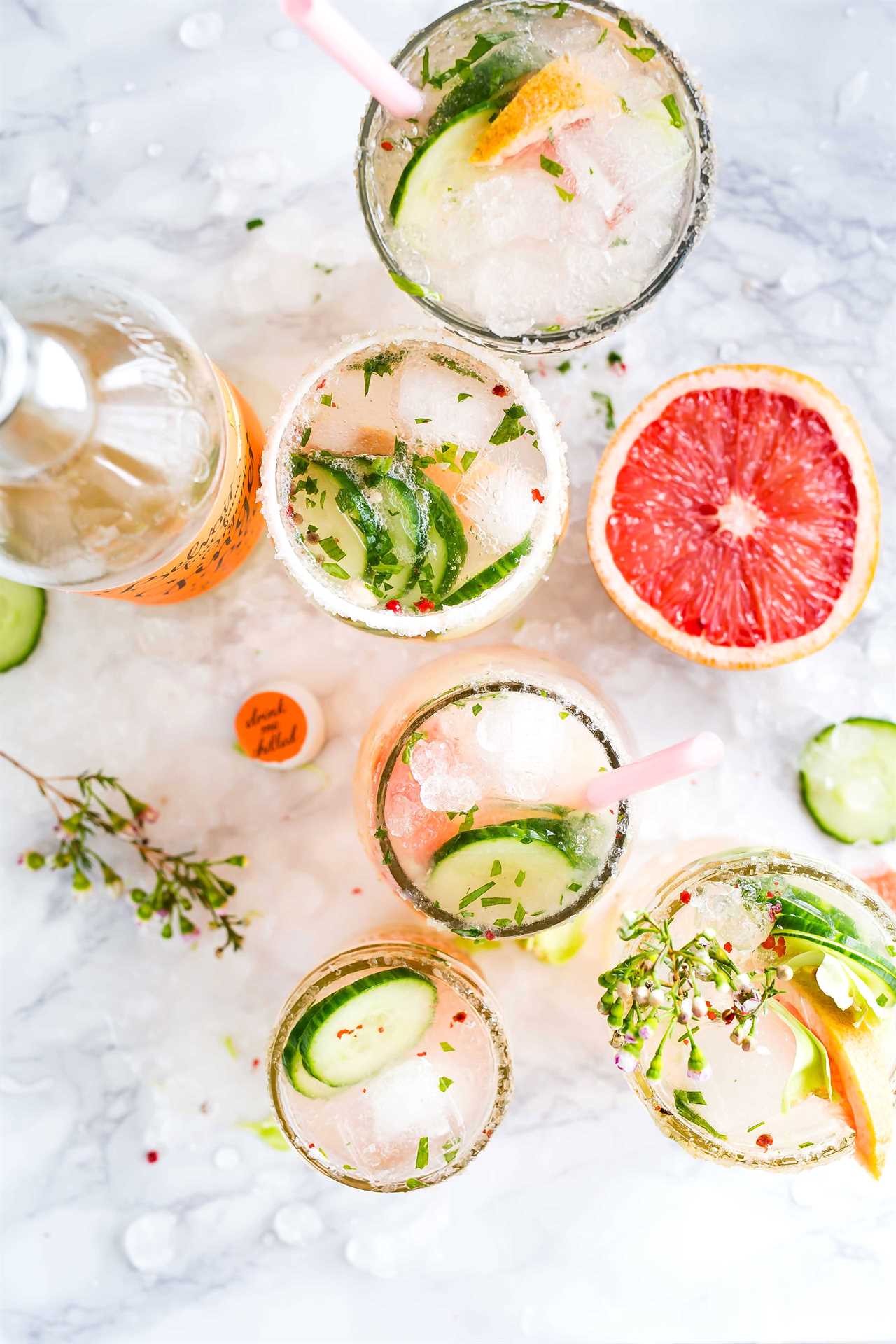
By allowing enough time for each step, such as marinating, simmering, or roasting, the flavors have a chance to develop and the ingredients to cook evenly.
Patience also plays a role in achieving the desired texture or doneness, whether it’s tenderizing meat, caramelizing onions, or achieving the ideal consistency in sauces or custards.
Mastering Knife Skills for Precision
To achieve precise and uniform cuts, a cook must master the art of knife skills through practice and proper technique.
Knife safety should always be a top priority in the kitchen to prevent accidents. It is important to handle knives with care, keeping fingers away from the blade and using a cutting board to avoid injuries.
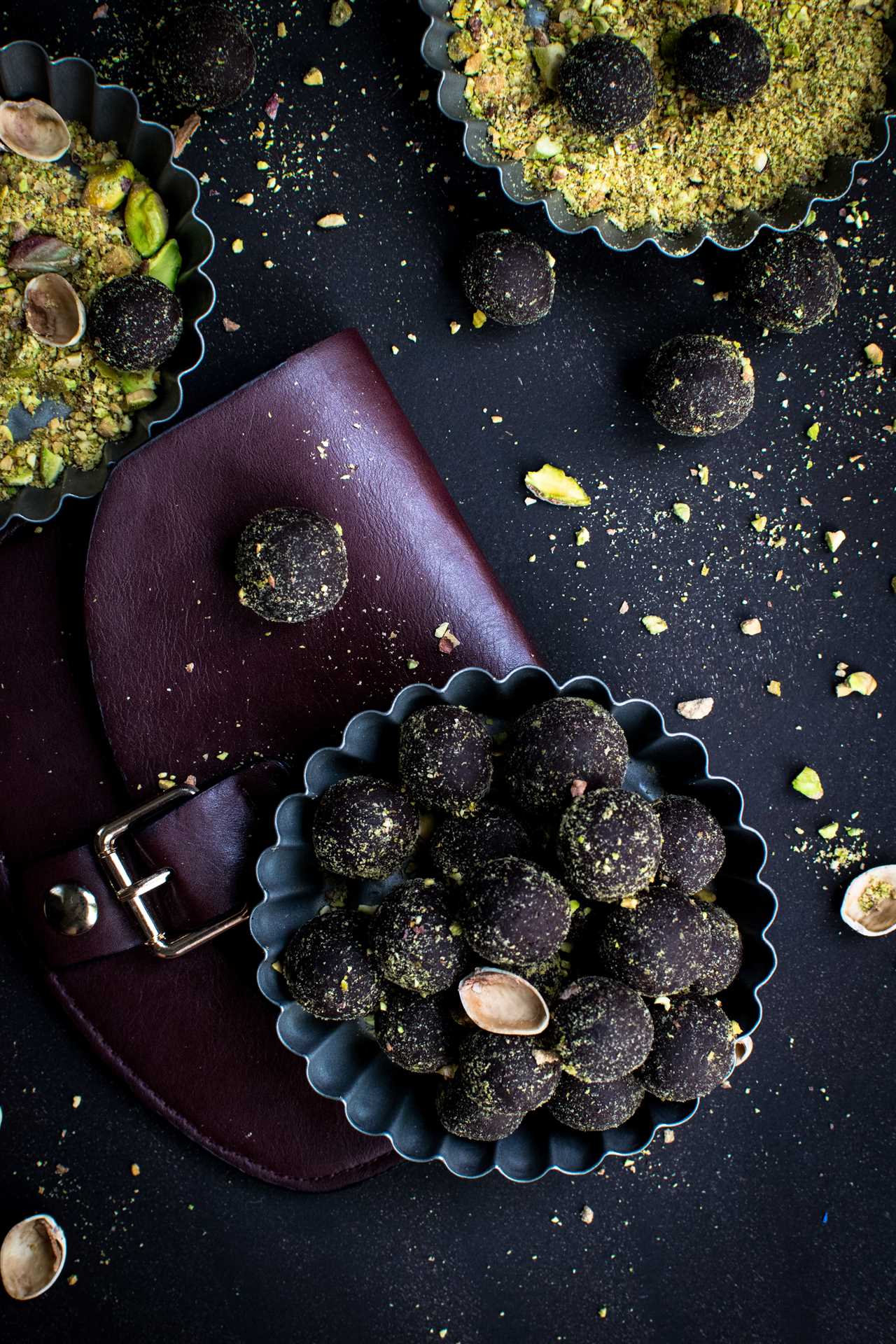
Additionally, regular knife maintenance is crucial to ensure optimal performance. Sharpening the blade regularly and honing it before each use will not only make cutting easier but also reduce the risk of accidents.
Proper storage, such as using knife guards or a knife block, will help protect the blade and prolong its lifespan.
Achieving Perfect Temperature Control
Maintaining the proper internal temperature is crucial for ensuring food safety and preventing foodborne illnesses. Precision in knife skills and maximizing flavor with spices are key factors in achieving perfect temperature control. By using a kitchen thermometer, one can accurately measure the internal temperature of different proteins. To provide further guidance, here is a table outlining the recommended internal temperatures for various types of meat:
| Protein | Recommended Internal Temperature |
|---|---|
| Steak, roast, chops | 145 degrees |
| Ground meats | 160 degrees |
| Ground poultry | 165 degrees |
| Leftovers | 165 degrees |
Essential Tips for Spices in Cooking
Spices play a vital role in cooking, not only enhancing flavors but also offering numerous health benefits. From adding a kick of heat with black pepper to infusing dishes with the earthy aroma of cumin, spices elevate the culinary experience.

To ensure spices maintain their flavor, storing them effectively is key. Here are some essential tips:
- Keep dried spices in airtight containers to prevent moisture and air from degrading their quality.
- Store them in a cool, dark place away from direct sunlight to preserve their potency.
- Avoid storing spices near sources of heat, such as stovetops, as heat can cause them to lose their flavor.
- Regularly check the expiration dates of spices and replace them when needed to maintain their freshness.
Enhancing Flavor and Safety With Temperature Control
Proper temperature control is crucial for ensuring food safety and enhancing the flavor of various proteins.
When cooking meats, it is important to follow safe cooking techniques to prevent the risk of foodborne illnesses. One way to enhance the flavor of meats is through marination. Marinating meats in a mixture of herbs, spices, and acids not only adds delicious flavors but also tenderizes the protein, resulting in a more enjoyable dining experience. Additionally, marinating can help reduce the formation of potentially harmful compounds when meat is cooked at high temperatures.
It is also essential to cook meats to the correct internal temperature to ensure they are safe to consume. Using a kitchen thermometer, you can easily monitor the temperature and cook meats to the recommended internal temperatures.
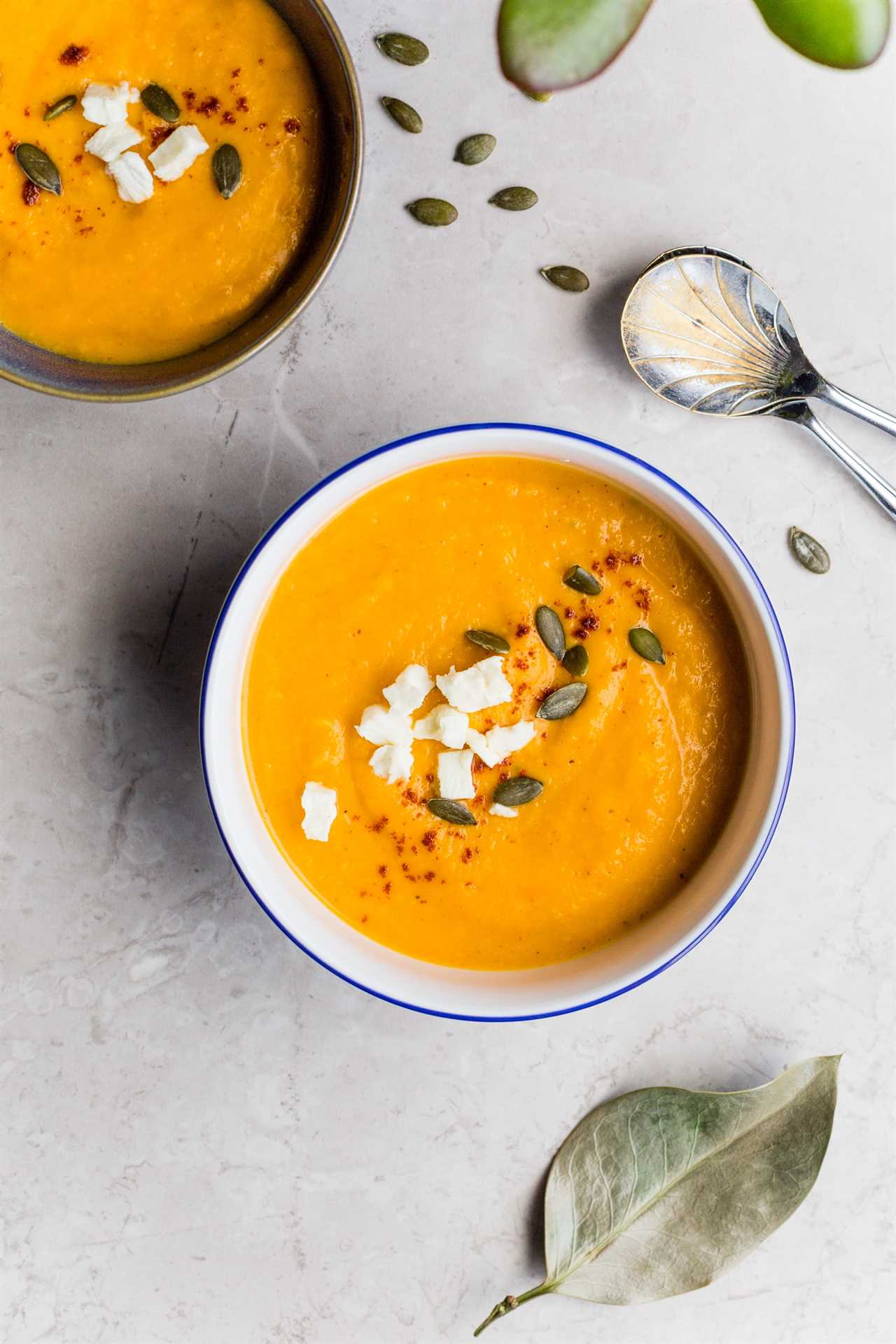
Frequently Asked Questions
How Long Can Dried Spices Be Stored Before They Lose Their Flavor?
Dried spices should be stored properly to maintain their flavor. The length of time they can be stored without losing flavor depends on the storage methods.
Exposure to heat can have a negative effect on spices, causing them to lose their potency more quickly. Therefore, it is important to store dried spices in a cool, dark, dry place. This will help preserve their flavor for as long as possible.
What Are Some Examples of Spices That Can Be Used to Enhance the Flavor of Vegetables?
Spice combinations can greatly enhance the flavor of vegetables.
Some examples include a combination of black pepper, cumin, and paprika for a smoky and slightly spicy taste.
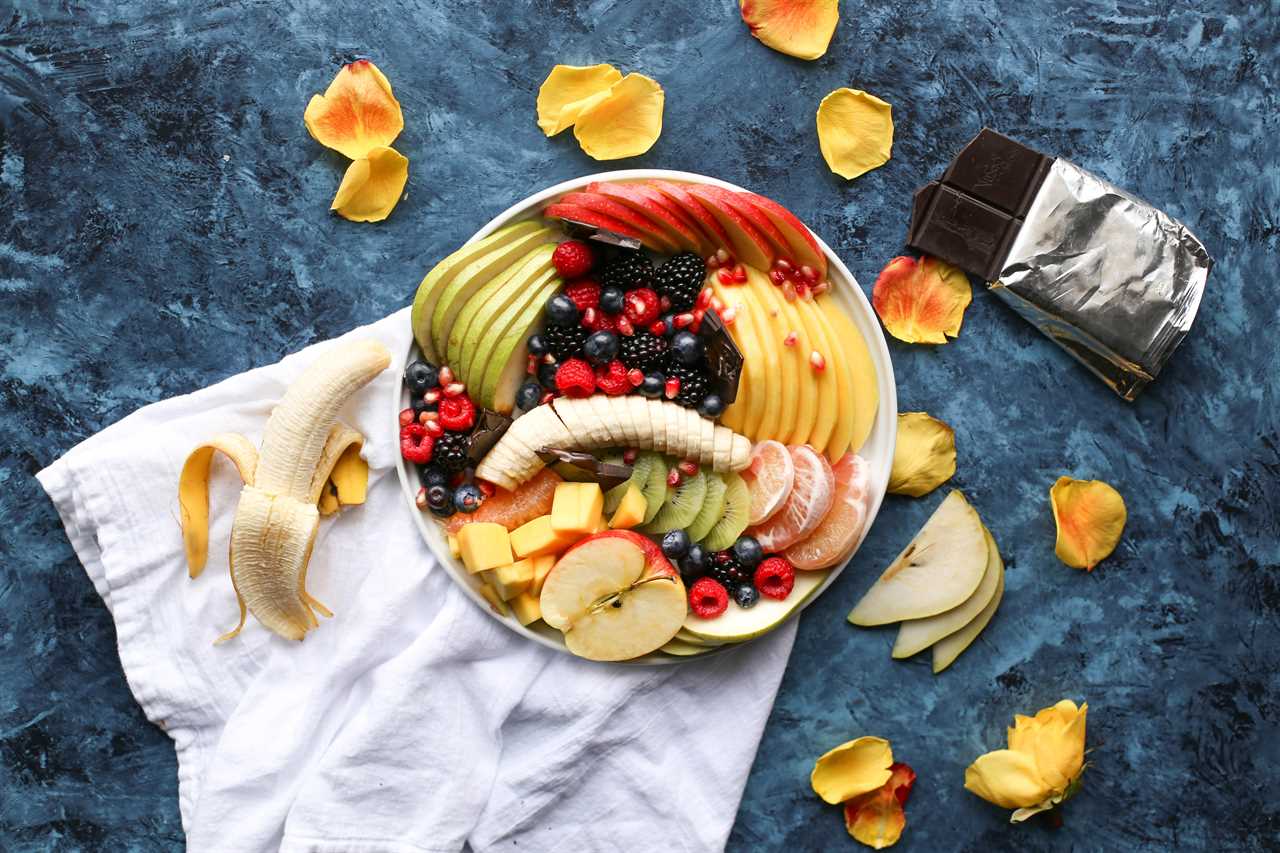
Another option is to use garlic powder along with a pinch of thyme and rosemary for a fragrant and herbaceous flavor.
When roasting vegetables, these spice combinations can be sprinkled over the veggies before they go in the oven, resulting in a delicious and aromatic dish.
How Can Patience Improve the Texture of Scrambled Eggs?
Patience in cooking can greatly improve the texture of scrambled eggs. By taking the time to beat the eggs thoroughly and cooking them over low heat, the eggs become fluffier and more tender.
The process of stirring and scraping the eggs from the bottom of the pan slowly allows them to cook evenly and prevents them from becoming rubbery.
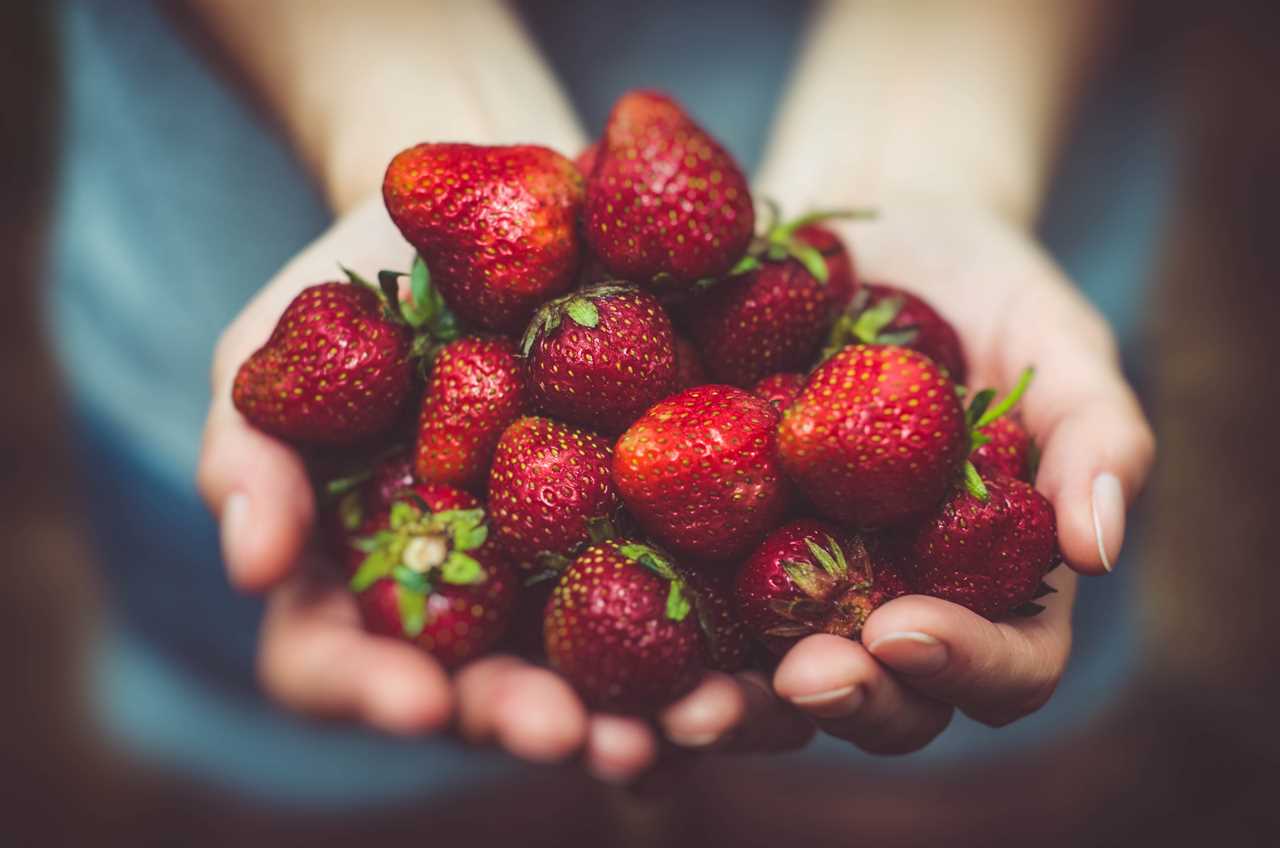
Patience also allows the flavors to develop fully, resulting in a more delicious and satisfying dish.
What Are Some Common Mistakes to Avoid When Dicing Onions?
Common mistakes to avoid when dicing onions include uneven cuts and improperly holding the knife.
To ensure even cooking and enhance the texture, aroma, and flavor of the onions, it is important to make uniform cuts while keeping the root intact.
Additionally, holding the knife properly, with a firm grip and using a rocking motion, can prevent accidents and help achieve precise dicing.

Mastering these onion dicing techniques can elevate one’s culinary skills.
Are There Any Exceptions to the Recommended Internal Temperatures for Different Proteins?
Exceptions to recommended internal temperatures for different proteins can be found when using sous vide cooking techniques. Sous vide is a method of cooking where food is vacuum-sealed in a bag and cooked in a water bath at a precise temperature. This allows for precise control over the internal temperature of the food.
With sous vide, proteins like beef can be cooked to a lower temperature, such as 130 degrees, while still maintaining food safety. However, it is important to follow proper sous vide cooking guidelines to ensure the safety of the food.







